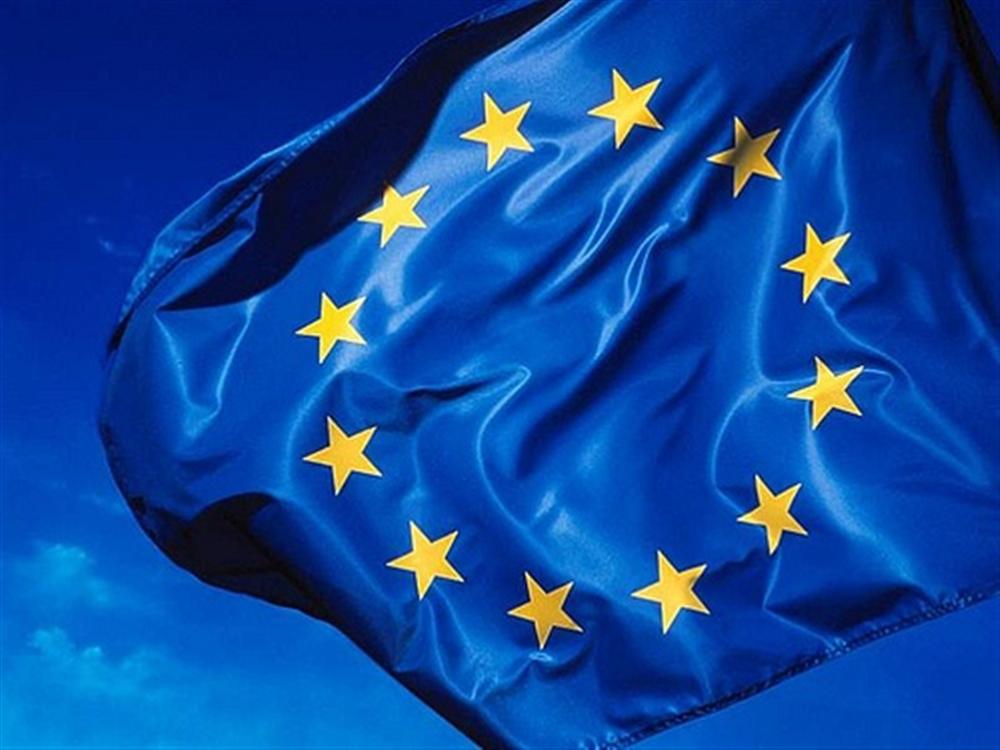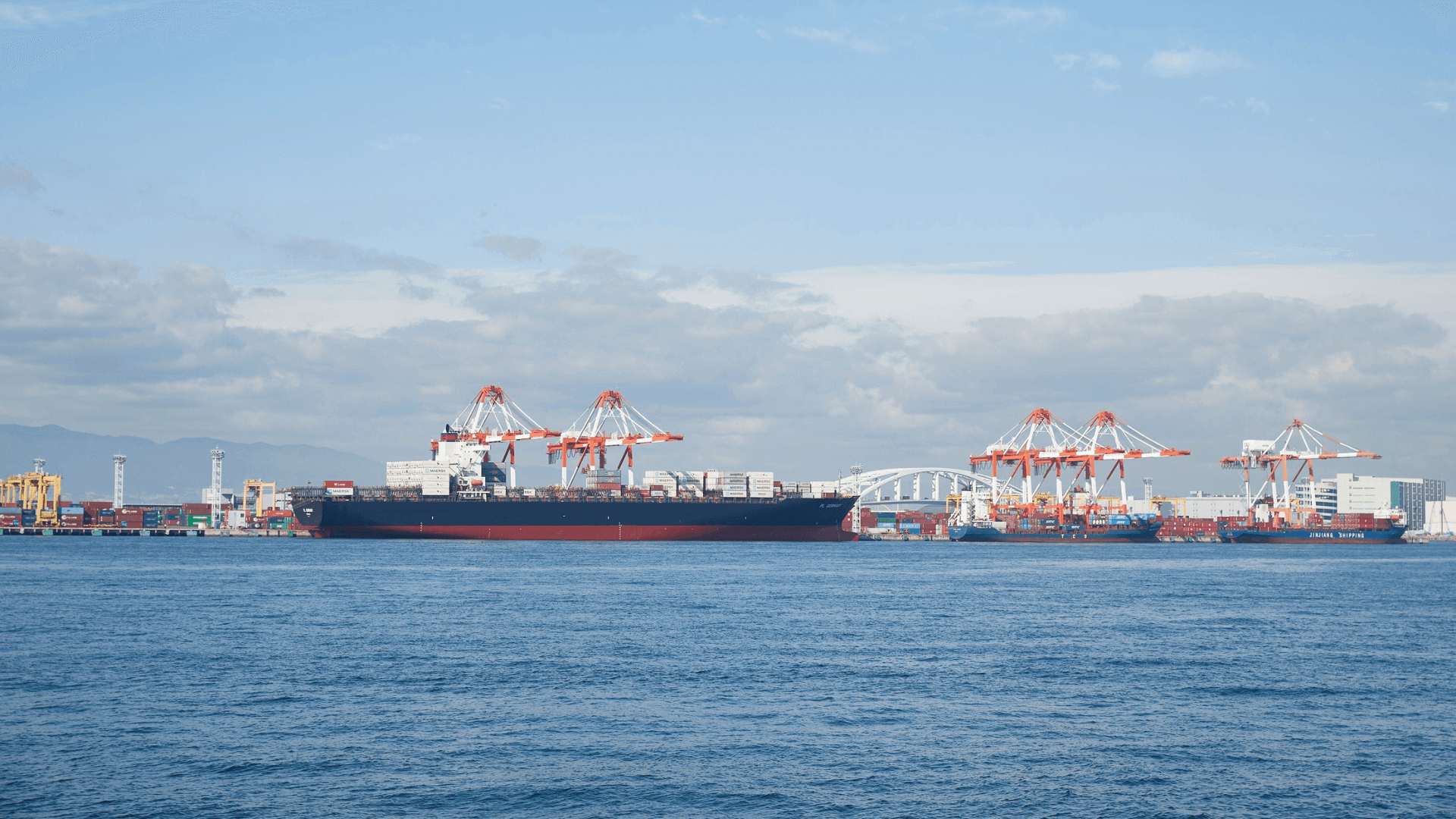Manifesto for the Next Five Years of EU Regulation of Transport

Manifesto for the Ursula Von Der Leyen Commission
We have just published our Manifesto for the Ursula Von Der Leyen Commission, outlining our vision for advancing the Single European Transport Area by turning the challenges of decarbonisation and digitalisation into opportunities.
Key points:
- The recent renewal of the European Parliament and subsequent appointment of the next College of European Commissioners represents an opportunity for European regulation. While the new institutional composition will be in place for the next five years (2019–2024), the legislative and public-spending decisions made under the von der Leyen Commission will likely have implications for decades to come in terms of shaping the direction of the European transport sector.
- Of course, the completion of the Single European Transport Area continues to be work in progress; at the same time, new global challenges – namely climate change and digitalisation – are exerting additional pressure, but are also offering new opportunities for the European transport sector.
- In its Long-Term Decarbonisation Strategy entitled “A Clean Planet for All”, the European Commission paints a clear picture of the vast transformations that will have to take place across all sectors of the economy, including transport, for Europe to reach net-climate neutrality by mid-century.
- Digitalisation, on the other hand, is adding a new layer of complexity onto transport; yet, if adequately regulated, it has the potential to advance EU sustainability objectives, while at the same time increasing efficiency, enabling smoother and more customer-oriented operations and, not least, enhancing safety.
- In this Manifesto, we show that the challenges of digitalisation and sustainability can be turned into as many opportunities for furthering the Single European Transport Area.
- In addition, digitalisation and sustainability are challenges far too big so as to be tackled only at national levels; both call for a truly European approach.
- Furthermore, neither challenge can any longer be addressed in an exclusively sector-specific manner; a resolutely intermodal regulatory framework will thus be in order.
Don’t miss any update on this topic
Sign up for free and access the latest publications and insights











